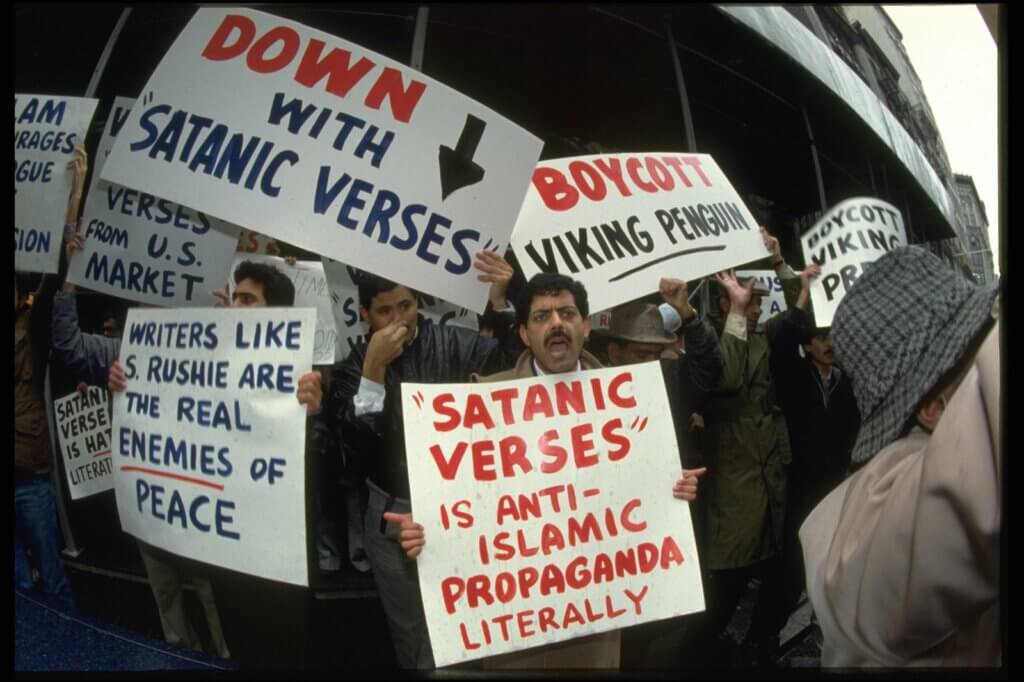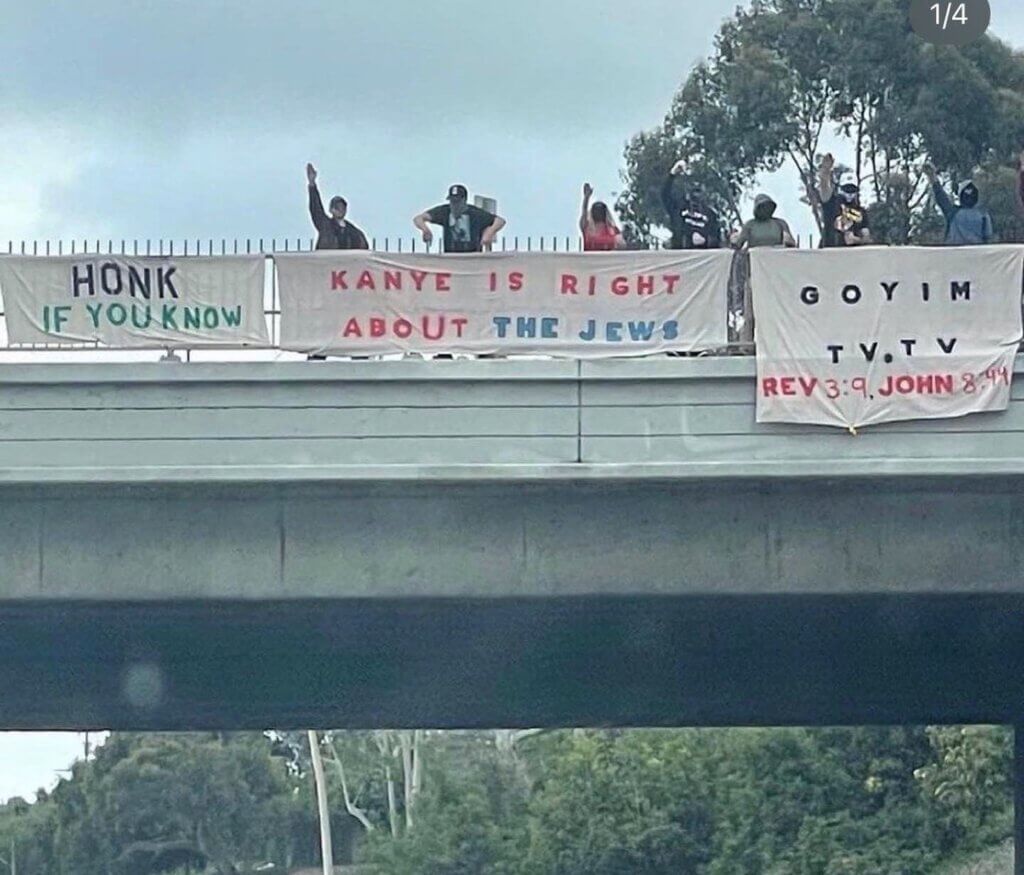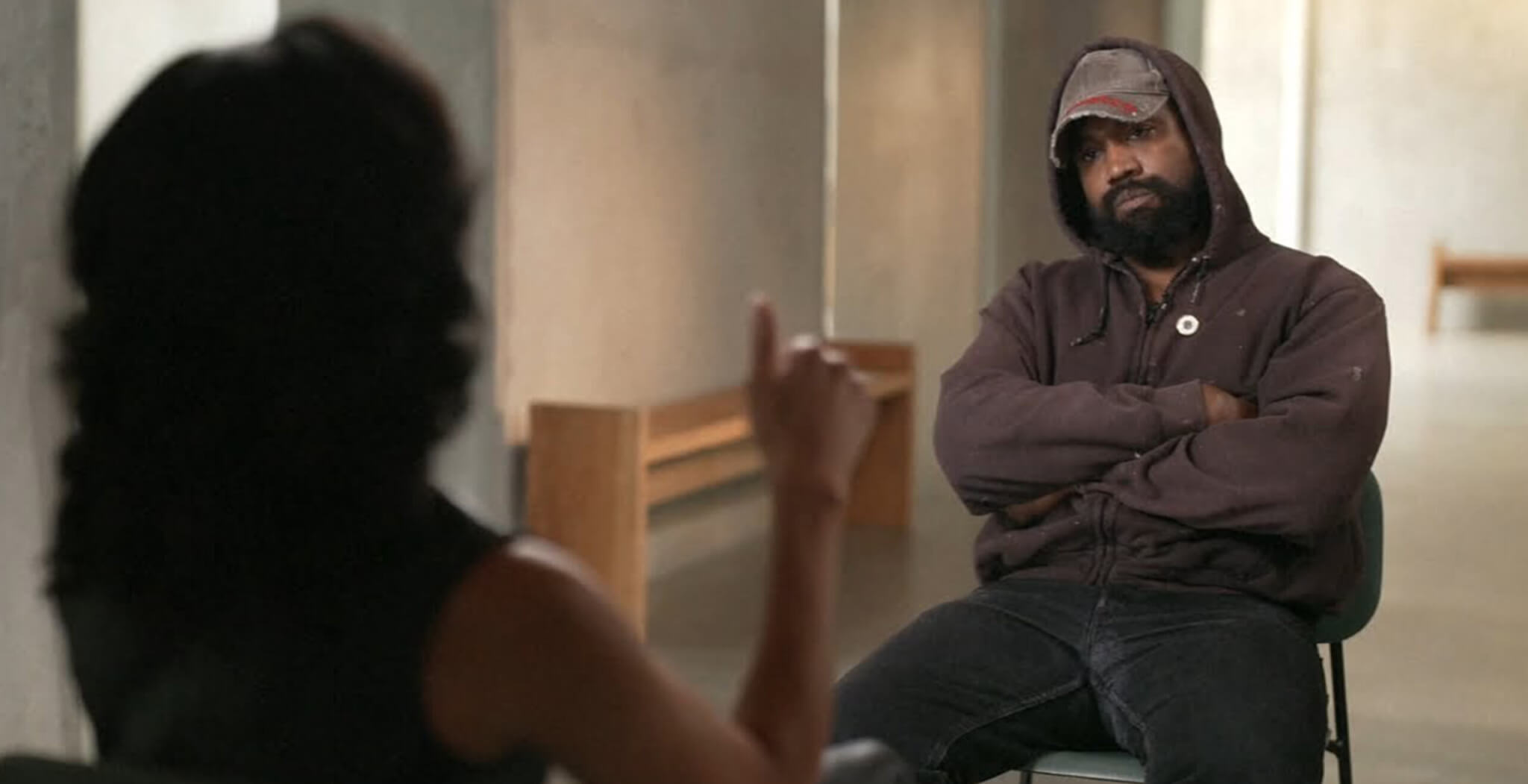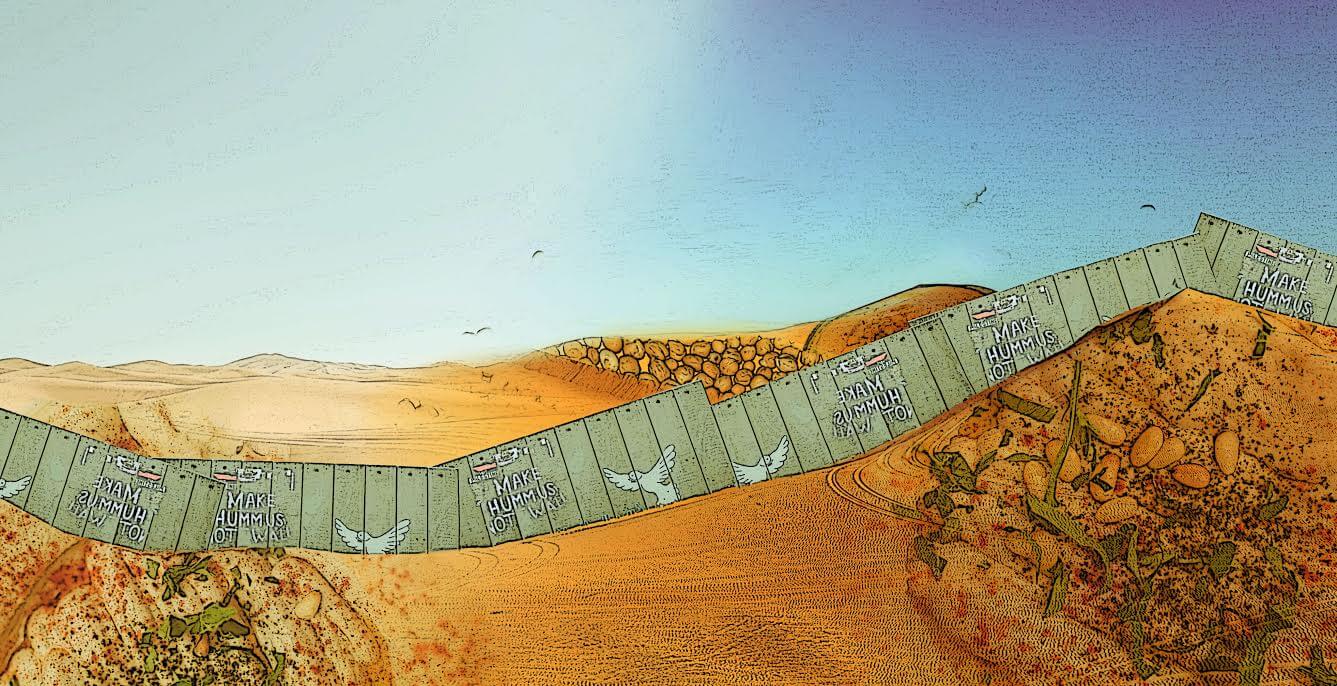Looking at Kanye West and Salman Rushdie: Hate or Free Speech?
Kanye West, also known as Ye, has faced significant backlash for his remarks supporting white supremacy and antisemitic behaviors. Whether these remarks are a publicity stunt or an endorsement of such beliefs, their real-life consequences go beyond canceled collaborations, terminated deals, and financial losses. These consequences are immeasurable. In a similar vein, Salman Rushdie unintentionally incited violent acts with his book “The Satanic Verses” since its publication in 1988. Boycotting Kanye West or advocating for Salman Rushdie’s freedom of speech presents contrasting cases that demand a reevaluation of the consequences associated with free speech and hate speech in an interconnected world of clashing values.
Recently, you might have come across Salman Rushdie’s name in headlines discussing his health, which has been a recurring topic in the last few months. Rushdie was stabbed on stage by an extremist during a speech he was giving in New York. For over 30 years, Rushdie has been living under a death sentence issued by Iran’s Ayatollah Ruhollah Khomeini, who targeted Rushdie and those involved in the publication of “The Satanic Verses.” Rushdie was already an acclaimed writer who had won the prestigious Booker Prize in 1981 for his novel “Midnight’s Children.” However, shortly after the release of “The Satanic Verses,” the book offended many Muslims, leading to protests across Muslim countries, its banning, and attacks on translators and bookstores. Rushdie was forced to go into hiding for years.

This situation cannot be compared to the case of Kanye West, whose racist actions have resulted in numerous cancellations. However, his mainstream influence has proven that he is too prominent to remain culturally exiled. Kanye has a history of aligning himself with fascist ideologies. For example, in a concert in 2011, he faced harsh criticism for comparing himself to Hitler as part of an ill-advised analogy about how much people hated him. In subsequent years, Kanye supported President Donald Trump, referred to slavery as a “choice,” and recently showcased a “White Lives Matter” t-shirt alongside conservative influencer Candace Owens during his Paris Fashion Week show. Additionally, antisemitic tweets were posted from his Twitter account. It is worth noting that Kanye gained prominence partly due to his support for marginalized communities, such as people of color. During Hurricane Katrina, he boldly stated, “George Bush doesn’t care about Black people,” and expressed support for black artists.
While Kanye has been vocal about reinforcing dangerous stereotypes, Rushdie never intended to offend anyone or incite violence with his words. Yet, Rushdie’s story became a clash between literature and religion. “The Satanic Verses” depicts the Prophet Muhammad in a non-negative way. However, the book violated the rule against depicting the prophet, a lesson learned after the attack on Charlie Hebdo for publishing cartoons of the prophet. The book ignited a cultural and religious clash between the West and the Muslim world, justifying the war on terror initiated by the United States and its allies, which resulted in numerous casualties. It also fueled social and political segregation against Muslims, with France implementing bans on their cultural practices. Moreover, it fostered widespread Islamophobia. Rushdie did not intend to exacerbate these feelings, yet his life is marked by lasting narratives of hatred, regardless of his apologies. Following his latest attack, many expressed support for Rushdie and defended free speech.

Considering Kanye’s shifting positions and the real-life consequences of his support for some communities while dismissing others, it is crucial to recognize that mental health problems should not be equated with antisemitism. In the days following his tweets, antisemitic messages began circulating publicly through signs and distributed letters. Kanye, from his position of power, not only condones but also encourages violence against the Jewish community. This situation necessitates an important conversation about free speech, hate speech, and how public figures can unintentionally or intentionally perpetuate dangerous stereotypes. It is irrelevant whether Kanye is a fascist or aware of the associations between his ideologies and extremist groups. Perhaps his mental health hampers his ability to make sound judgments, or perhaps he genuinely embraces antisemitic ideologies. What truly matters is how figures like Kanye spearhead hate crimes and campaign against communities, raising the question of what is at stake: freedom of speech or the well-being of entire communities.



























